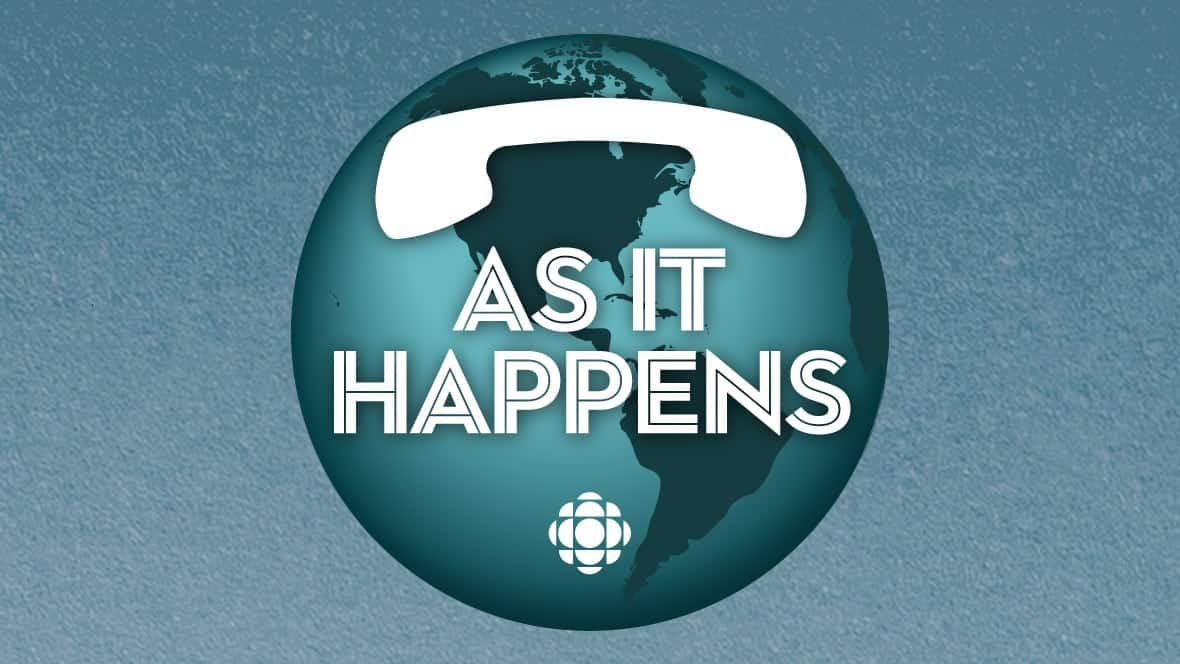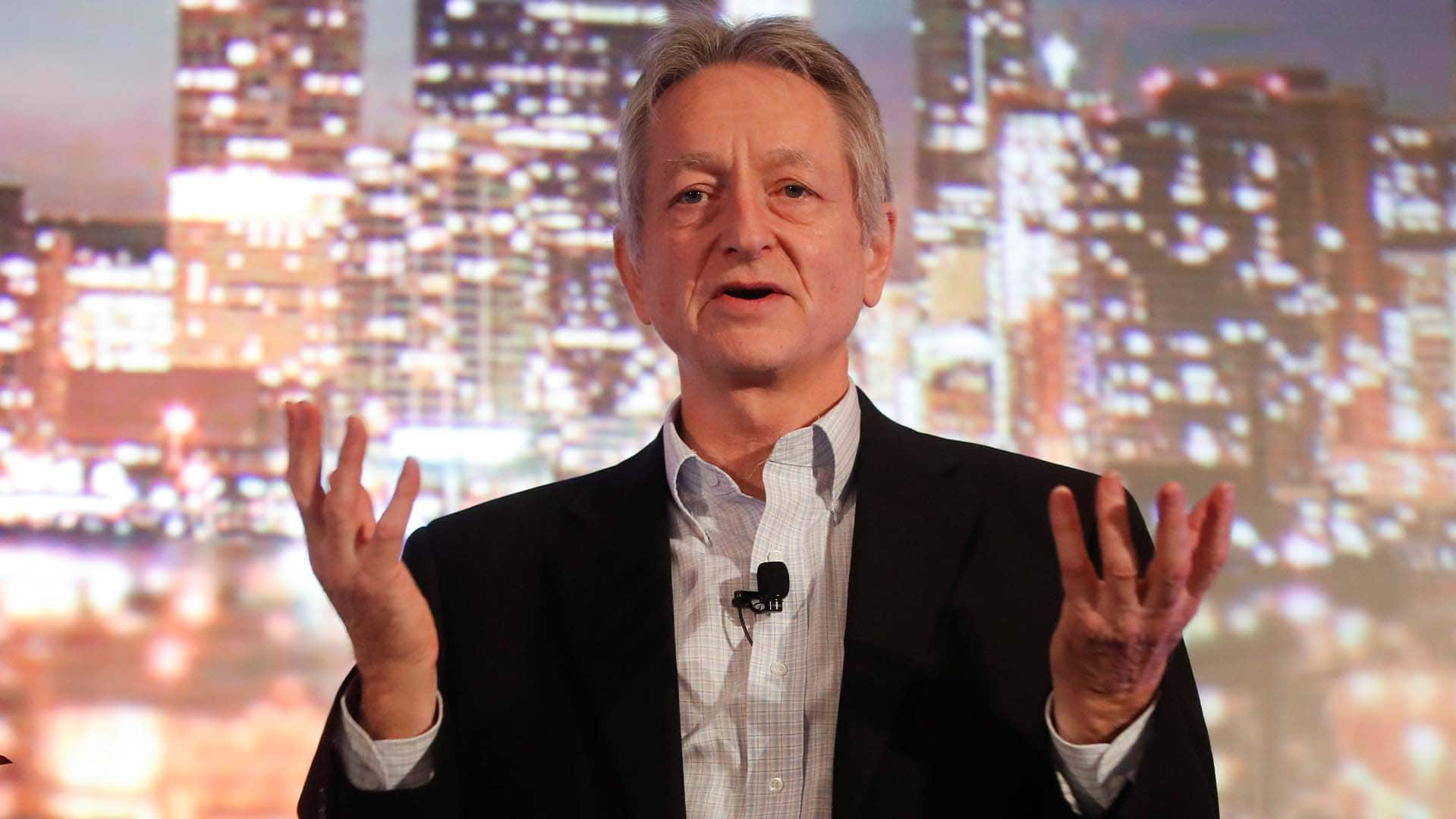As if we needed one more thing to terrify us, the latest warning from a University of Toronto scientist considered by many to be the founding intellect of artificial intelligence, adds a new layer of dread.
Thank you for reading this post, don't forget to subscribe!Others who have warned in the past that thinking machines are a threat to human existence seem a little miffed with the rock-star-like media coverage Geoffrey Hinton, billed at a conference this week as the Godfather of AI, is getting for what seems like a last minute conversion. Others say Hinton’s authoritative voice makes a difference.
After groundbreaking work on machine learning that some credit with making artificial intelligence possible, Hinton says he’s left his gig at Google so he can speak freely about the monster he helped create.
‘Serious and fairly close’
Not only did Hinton tell an audience of experts at Wednesday’s EmTech Digital conference that humans will soon be supplanted by AI — “I think it’s serious and fairly close.” — he said that due to national and business competition, there is no obvious way to prevent it.
“What we want is some way of making sure that even if they’re smarter than us, they’re going to do things that are beneficial,” said Hinton on Wednesday as he explained his change of heart in detailed technical terms.
“But we need to try and do that in a world where there’s bad actors who want to build robot soldiers that kill people and it seems very hard to me.”
“I wish I had a nice and simple solution I could push, but I don’t,” he said. “It’s not clear there is a solution.”
So when is all this happening?
“In a few years time they may be significantly more intelligent than people,” he told Nil Köksal on CBC Radio’s As It Happens on Wednesday.
LISTEN | The ‘godfather of AI’ speaks with As It Happens host Nil Köksal:

As It Happens10:02The ‘godfather of AI’ says he’s worried about ‘the end of people’
Geoffrey Hinton — a British-Canadian computer scientist known as ‘the Godfather of AI’ — has stepped down from his role at Google, and is warning about the potential dangers of a future in which artificial intelligence surpasses human intelligence. He tells As It Happens host Nil Köksal why he’s worried about “the end of people.”
While he may be late to the party, Hinton’s voice adds new clout to growing anxiety that artificial general intelligence, or AGI, has now joined climate change and nuclear Armageddon as ways for humans to extinguish themselves.
But long before that final day, he worries that the new technology will soon begin to strip away jobs and lead to a destabilizing societal gap between rich and poor that current politics will be unable to solve.
The EmTech Digital conference is a who’s who of AI business and academia, fields which often overlap. Most other participants at the event were not there to warn about AI like Hinton, but to celebrate the explosive growth of AI research and business.
Explosive growth in business and research
Leading the list of speakers on Wednesday was another Canadian, Joelle Pineau, who as well as being a professor at Montreal’s McGill University, is a leader at Meta AI Research. Meta is Facebook’s parent company.
While hinting at darker possibilities, Pineau, like so many other speakers at the event, was enthusiastic about her work and about the outpouring of research in the AI field, especially in “open source,” a way for software creators to share their discoveries.
“We’re seeing nearly 500,000 research papers talking about new discoveries in AI,” Pineau told 800 conference participants. “For those of you who follow GitHub, the number of AI projects has been climbing: nearly 350,000 projects shared in open source.”
WATCH | A warning about artificial intelligence:

‘Godfather of AI’ steps down from Google
Renowned AI pioneer Geoffrey Hinton has resigned from Google so he can speak more freely about the potential dangers of advanced artificial intelligence. He is the latest leading tech figure to call for a slowdown in AI research, warning AI could eclipse human intelligence.
As one expert I spoke to pointed out, the growth in AI is exponential and has been for a long time. But even knowing that, the increase in the dollar value of AI to business caught the sector by surprise.
Eight years ago when I wrote about the expected increase in AI business, I quoted the market intelligence group Tractica that AI spending would “be worth more than $40 billion in the coming decade,” which sounded like a lot at the time. It appears that was an underestimate.
“The global artificial intelligence market size was valued at $428 billion U.S. in 2022,” said an updated report from Fortune Business Insights. “The market is projected to grow from $515.31 billion U.S. in 2023.” The estimate for 2030 is more than $2 trillion.
Dangerous yes, but money to be made
Anyone who keeps up with business news will have noticed that rather than worrying about how to slow down the expansion in AI, businesses are pouring into the sector and finding new ways to profit.
This week the new Toronto AI company Cohere, where Hinton has a stake of his own, announced it was “in advanced talks” to raise $250 million. The Canadian media company Thomson Reuters said it was planning “a deeper investment in artificial intelligence.” IBM is expected to “pause hiring for roles that could be replaced with AI.” The founders of Google DeepMind and LinkedIn have launched a ChatGPT competitor called Pi.
And that was just this week.
Karina Vold is a Canadian expert who studies the potential dangers of AI and wrote the paper How Does Artificial Intelligence Pose an Existential Risk? She said that despite his Johnny-come-lately status, Hinton’s credibility in the community can have an influence. But she notes that the frenzy of competition between business giants for better and more powerful AI is one of the risks that comes with creating something dangerous.
On Wednesday, Hinton made it clear that he agrees, and that is why a takeover by smart machines, where humans will be just one stage in the ultimate development of intelligence, is likely unstoppable.
“I think it’s just inevitable in the capitalist system, or a system with competition between countries like the U.S. and China,” he told the high-tech audience by remote camera, with a clothes dryer as a backdrop.
For a multimillionaire entrepreneur, Hinton seems not to have much faith in a society where business plays such an important role. He said the power of AI to take away jobs could lead to instability even before the ultimate machine takeover he foresees.
Not everyone will benefit
“They are going to make a whole lot of jobs much more efficient,” said Hinton. “My worry is that those huge increases in productivity are going to go to putting people out of work and making the rich richer and poor poorer.”
“The technology is being developed in a society that is not designed to use it for everybody’s good.”
Although he remains gloomy, Hinton says that if the bad actors trying to use AI for evil purposes could be suppressed, one possible option is something called “AI alignment,” where intelligent computers work in harmony with humans, or at least don’t wipe us out.
Others, including AI investor Ian Hogarth, have suggested in a recent article titled “We must slow down the race to God-like AI,” that businesses could help by investing in that strategy as a priority.
We must slow down the race to God-like AI https://t.co/XV6UQQk0Ar
“My one hope is that, because if we allow it to take over it will be bad for all of us, we could get the U.S. and China to agree, like we did with nuclear weapons,” said Hinton. “We’re all the in same boat with respect to existential threats, so we all ought to be able to co-operate on trying to stop it.”
Interviewer and moderator Will Douglas Heaven, an editor at MIT Technology Review finished Hinton’s sentence for him: “As long as we can make some money on the way.”

